South Africa Dispatches Envoys to U.S. Amid Tariff Tensions
- by Admin.
- Sep 10, 2025
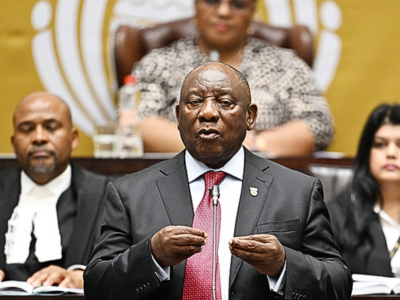
Credit:
President Cyril Ramaphosa has announced that South African officials are in New York and Washington to lay groundwork for trade negotiations with the Trump administration, seeking relief from steep U.S. tariffs that took effect last month.
The move comes after a revised trade proposal from Pretoria failed to avert the levies, which threaten jobs and exports in key sectors like automotive and agriculture, while broader U.S. protectionism ripples across Africa. The delegation, representing the Presidency and the Department of Trade, Industry and Competition, aims to engage U.S. lawmakers, business leaders, and officials in the coming days.
Ramaphosa told parliament that formal talks could begin soon, emphasizing South Africa's leverage through its critical minerals and a commitment to mutual investment, while stressing that Pretoria won't beg for concessions.
"We want to continue exporting to the United States as much as possible" - Ramaphosa
This follows an August 12 revised framework deal submitted after initial efforts, including a May proposal, fell short. The tariffs, imposed via executive order on August 7, slap a 30% duty on South African goods entering the U.S., ending duty-free access under the African Growth and Opportunity Act (AGOA) for affected products. Bilateral trade hit $17.64 billion in 2023, with vehicles, parts, and agricultural items like citrus, grapes, and wine making up the bulk.
South Africa's second-largest partner, the U.S. market now faces higher costs that could erode competitiveness. Economists and officials warn of severe fallout. South African Reserve Bank Governor Lesetja Kganyago cautioned that the measures could eliminate up to 100,000 automotive jobs, building on existing unemployment near 43% when including discouraged workers. Agriculture faces similar strains, with analysts projecting losses for fruit and wine producers already grappling with global pressures.
The government has rolled out support like an Export Support Desk, localization funds, and market diversification efforts to shield firms and workers, but critics argue these fall short against the scale of disruption. The pain extends beyond South Africa. A August report from ODI Global estimates low- and middle-income countries could forfeit $89 billion in annual U.S. exports due to falling demand from tariffs, on top of $39 billion in slashed aid—equaling 0.7% of their collective GDP.
Six African nations rank in the global top 10 most vulnerable: Burundi, Mozambique, São Tomé and Príncipe, Somalia, Sudan, and South Sudan. These fragile states, often reliant on aid and raw exports, could see hits exceeding 3% of GDP, exacerbating debt and instability.
While the U.S. frames tariffs as a tool to address trade deficits and boost domestic manufacturing, African leaders view them as a setback to partnerships like AGOA, set to expire in 2025. South Africa's envoys carry hopes of exemptions or reductions, but with broader continental exposure, calls grow for unified responses through the African Continental Free Trade Area to lessen reliance on volatile external markets.
As talks unfold, the stakes remain high for economies already navigating global headwinds.



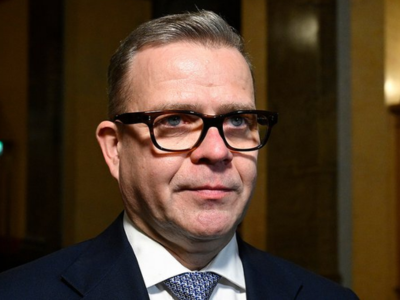


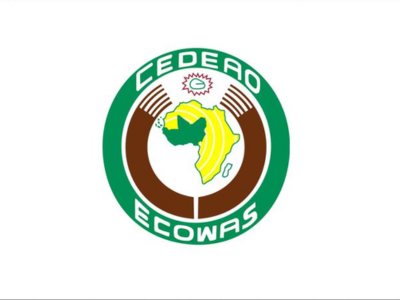
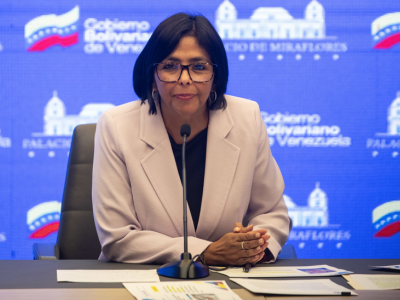

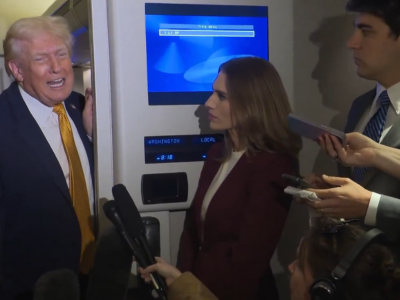
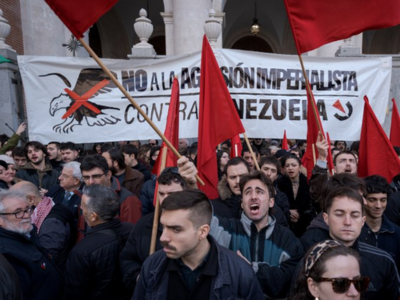


0 Comment(s)